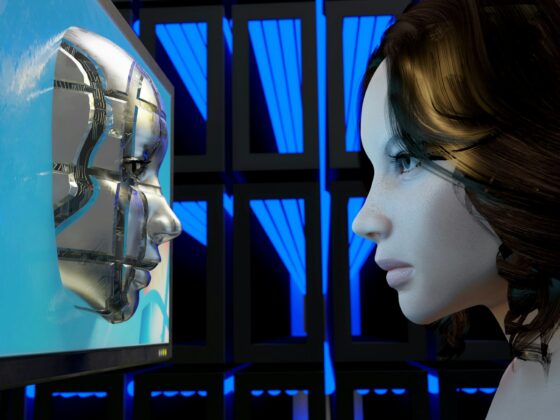New Discourses Bullets, Ep. 10
In the Marxist literature, you run into the words “reality,” “realities,” and “actual” all the time. This is no mistake. Marxists believe they, and they alone, have hacked the system and come to the only true or scientific understanding of reality. Everyone else sees reality through an ideological distortion, and they can use their “critical” methods to see through it. In this episode of New Discourses Bullets, James Lindsay cuts through their mystification and makes it clear that when Marxists talk about “reality,” what they mean is their own weird and dangerous misinterpretation of it and nothing else. Misinformation and information switch places! Join him for the short discussion!
Additional episodes of New Discourses Bullets may be found here.
Subscribe to New Discourses Bullets on SoundCloud, Apple Podcasts, Spotify, Stitcher, YouTube, or by RSS.










6 comments
Reactionaries use Marxism as some kind boogie man. It is nothing more than another political philosophy. It is neither good nor evil.
Post-Mao China could have been a lot worse.
https://mobile.twitter.com/CarlZha/status/1396003907793416196
In my training, the real is merely what we agree is real, and thus could be illusiory. At one time the accepted reality was that the Earth was at the center of everything.
Actuality, on the other hand is what actually is, regardless of what people agree about. It may be considered to be a better approximation of the truth. We now consider that Earth isn’t really the center of anything and rotates around its star. Yet there are still those who don’t agree with this. And though it is a workable actuality, it is hard to discern with our senses without the assistance of special equipment to measure and observe more precisely than we are capaable of unassisted.
The classic test of actuality is its workability. The test of reality is how many agree with it, or how obvious it is from simple observation.
Within this conceptual framework, each person can have (and to some dregree does have) their own reality. Actuality is more universal, yet more difficult to discover, often requiring a disagreement with “reality.”
Marx’s insistence on a certain “reality” is successful to the degree that someone can get a lot of people to agree with it.
Actuality v Reality. Another “fine distinction”. That moves my understanding onward and upward. Maybe to eventually discover “truth” 🧐🤔😁
I am sure you know Phenomenology was not a Marxist invention and is not limited to materialist conditions. Husserl is credited as bringing it into its own in Western philosophy, however aspects of it are found in Hinduism and Buddhism.
“Phenomenology studies conscious experience as experienced, analyzing the structure—the types, intentional forms and meanings, dynamics, and (certain) enabling conditions—of perception, thought, imagination, emotion, and volition and action.” Stanford Encyclopaedia of Philisophy
Marx’s views on the division of labour were, in my view, particularly utopian.
https://fee.org/articles/marxs-view-of-the-division-of-labor/